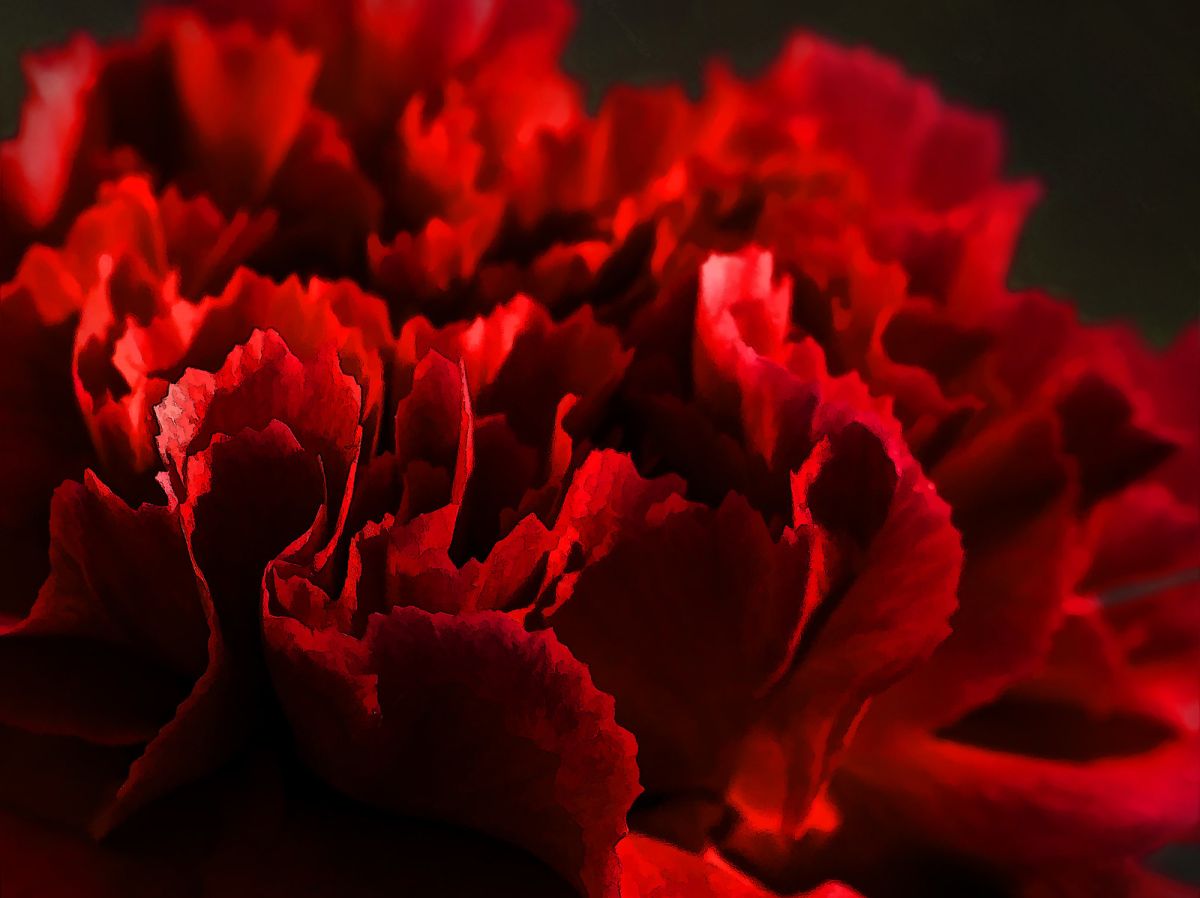
I’ve always had an awareness of The Godfather. Like 9/11 or Britney Spears, it has been absorbed into the social consciousness to such a degree I feel as though there wasn’t a time when I didn’t know about it. But by the time I probably could have sought it out for myself, I was already too intimidated by the label of GREATEST FILM OF ALL TIME plastered under it at the top of every significant movie list. Besides, The Godfather doesn’t cater to any of my tastes or sensibilities (Paddington 2 is my favourite film) – a three-hour long gangster film where the female characters are little more than silent obstacles – no thanks. Other highly canonised films had let me down in the past: Pulp Fiction did nothing for me and Vertigo took several rewatches to understand what Hitchcock was going for. So, I had my reservations.
The Godfather has inarguably left the largest cultural impression than any film of the past fifty years. Countless pop-culture parodies and musical references were circulating in my head, particularly the scene in Zootopia where the animated mouse has been drawn to look exactly like Don Corleone on the day of his daughter’s wedding- red carnation and bushy eyebrows included. I’m sure having Zootopia as my largest reference point going into my first viewing of the Godfather violets some sort of cinematic hierarchy and borders on sacrilege. Tom Hanks claims in You’ve Got Mail that any the answer to any problem can be found in The Godfather: ‘what should I pack for my summer vacation? Leave the gun, take the cannoli. What day of the week is it? Maunday, Tuesday, Wednesday…’ With abstract introductions such as these, I was perplexed as to what really comprised the emotional heart of the film, why generations of audiences held it in such high esteem, and, most importantly, whether it would be more enjoyable than You’ve Got Mail.
It was about half an hour in, when the horses head gets revealed under those gaudy golden sheets, that all my pretentious indie snobbery went out the window. The Godfather gets under your skin in the best possible way, it becomes impossible not to give in to the mastery onscreen.
What I had misjudged about The Godfather was how family-oriented it is. All the major events of the film occur during celebrations: it begins with a wedding, ends with a christening and there’s a major funeral in-between. It would be one thing for Coppola and fellow screenwriters, Puzo and Towne to have Michael tell us that family is a priority, but they go to great efforts to show those moments at the dinner table or between grandfather and grandchild in the orchards, it’s not all cannolis, revenge and violence (although those bits are undeniably fun as well). The tender parts are always counteracted by irreverent unexpected explosions and threats from rival gangs. The beauty of the film almost lies in its immaculate arrangement, the first-time viewer always wondering where the next betrayal will yield from, the repetitive watcher always anticipating the shoot-out-to-end all shoot-outs or the next line of iconic dialogue. This is partially due to the efficacy of the editing, almost modern in its execution- not a single scene meanders resulting in a tightly formatted tale. First time watchers should not be dissuaded by the runtime- those minutes feel shorter than Michael’s first marriage.
Hearing Marlon Brando do Don Corleone’s voice on those cinema speakers was like watching the formation of a legend. I’ve heard that voice countless times that even the original feels like an imitation of something larger, so greatly mythicised is the original. Other iconic moments lived up to their legacy, particularly the reveal of the horses’ head which was even more disorientating upon understanding the full subtext of the scene. That slow pan downwards and the mystery of where all that blood is coming from- it’s certainly not one for the vegetarian viewers. Seeing the scene completely furthered my respect for Coppola’s guts as a filmmaker; how many directors could slot in a scene so visually arresting early on in their film and make it entirely naturalised to the nature of their story? The cast itself deserves its own legendary status in the echelon of most stacked cast lists of all time. Of course, there are the greats: Marlon Brando, Robert Duvall, James Caan. But then there’s also Diane Keaton and Al Pacino, neither of whom I recognized until their names came up in the credits, so early on in their careers was The Godfather shot (an unfortunate spoiler-y pun).
The Godfather is wonderful in its staunch ideology and the universality of its themes despite being a story about a very specific set of characters. It’s about a failing family business, it’s about ageing and responsibility and being very careful about which car you get into. It certainly feels like the sort of film that doesn’t get made anymore, and no one will ever be able to make again. So, for its existence we should be grateful, first-time viewers and seasoned fans alike. Watch The Godfather Part two? Don’t make me an offer I can’t refuse.







